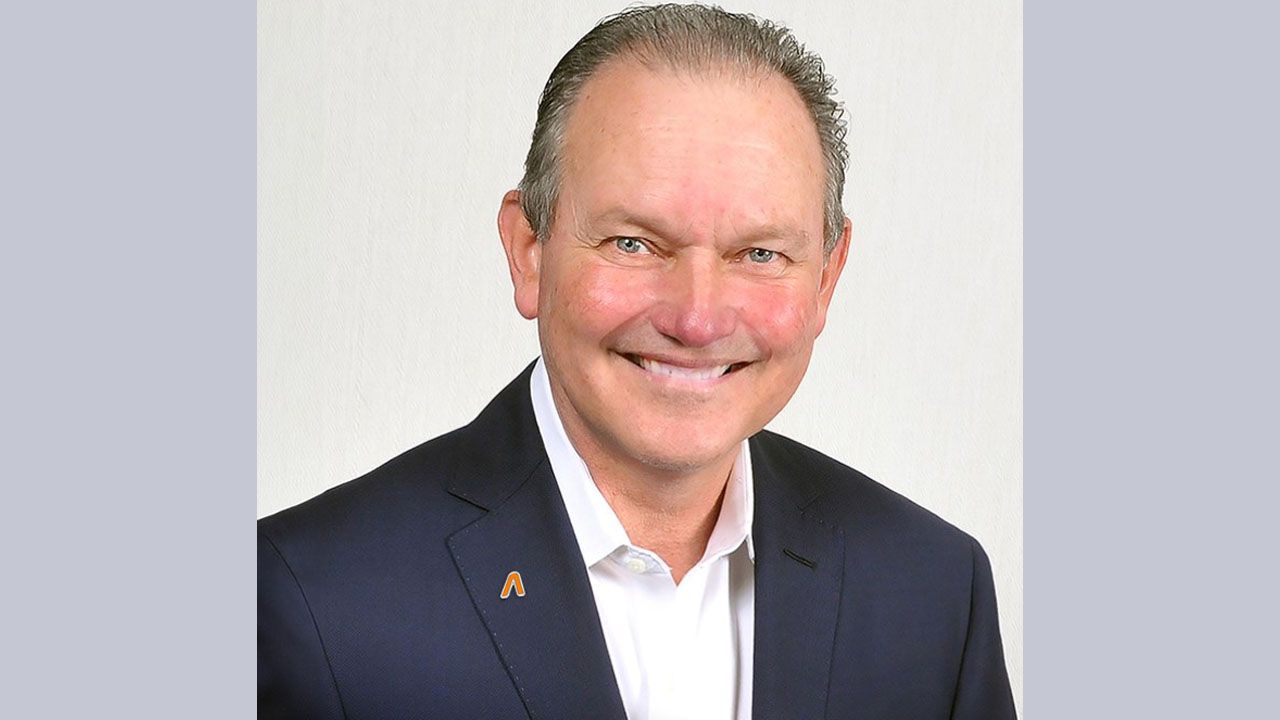Despite most TV pundits loudly proclaiming over the last few years that the US economy is strong, inflation is just transitory, and capital is plentiful, they’ve finally started to admit what the average American already knew years ago—our economy is in a disastrous position.
The fact of the matter is that our economy is not strong, inflation is rampant, and access to capital is becoming more difficult to access for many entrepreneurs and small business owners.. Although this sounds like a dire economic situation—and let’s be honest, it is—I don’t want you to fall into a doom loop and miss out on some of the biggest opportunities of our lifetime. I know this may sound contradictory to some people, but while significant economic downturns lead to losses for the masses, they also tend to uncover hidden opportunities. In fact, some of the biggest success stories are minted in times exactly like these.
The key is knowing how to move in an economy like the one we’re facing today because these challenges are something we haven’t seen in decades, so we have to adapt. The traditional investing strategies that work just fine 99% of the time can drive you into bankruptcy in a declining economy.
In this environment, we first need to move away from paper assets, which include most of what Wall Street pushes, such as stocks, corporate bonds, CDs, and other “paper” assets. This is critical because in this environment, the equity markets typically become tepid, and we go back to the 1970s-style stagflation, where the economy becomes very anemic, and growth grinds to a halt.
Instead, we want to focus smart money on tangible assets (hard assets) versus financial (paper) assets. We’ve already talked about the financial or assets we should avoid, so now, let’s talk about tangible assets we should be investing in instead. This includes real estate, businesses, precious metals, and commodities. Hard or tangible assets will typically provide a stabilization—not extreme growth, but stabilization from the volatility or fluctuation of the markets. I also try to look for cash flow in these assets. (That doesn’t apply to precious metals or commodities for obvious reasons.) So real estate and businesses would undoubtedly be at the top of the list here because they provide a hedge against inflation and if properly managed, positive cashflow as well.
I want to add a critical caveat here—buying real estate isn’t like buying a stock. You need to know how to find and evaluate a potential investment and then run it (or someone else—a manager—run it profitably. This isn’t something you can learn overnight. And in case you’re wondering, no, buying your own home, no matter how large the transaction may have been, will not prepare you for real estate investing. So, if you don’t have experience with this asset class, I suggest partnering with someone who does. After all, it doesn’t do any good to adjust your strategy to adapt to a down economy, but then you execute it poorly and still lose money. It’s also worth noting that certain types of real estate tend to outperform others in a slow or declining economy, including:
- Residential real estate
- Doctors offices, surgery centers, and physical therapy facilities
- Commercial real estate leased to government entities
- Senior housing facilities
Investing in businesses is another effective strategy, but as with real estate, it’s essential not to get into something you don’t know well. For example, there are many home service businesses, like plumbing, electrical, and flooring contractors. Still, I would probably never invest in one myself because that’s an industry I don’t know much about. Sure, I always hire those companies to work on my investment properties, but I don’t know how to run a business in that industry. As with real estate, some companies tend to do better in a slow economy than others, including:
- Child and pet care facilities
- Auto repair facilities
- Home services companies, like plumbing, electrical, and flooring companies
- Credit repair companies
When it comes to precious metals and commodities, it’s pretty simple. These asset classes act as a hedge against inflation because they have intrinsic value based on numerous factors besides what other investors are willing to pay. For example, silver, platinum, and gold are the most common choices for precious metals. They can be purchased as coins, rounds, and bars—but they also have value in industry because they’re used for electronic components, jewelry, and medical devices. Commodities, such as corn, oil, or wheat futures, are typically purchased as paper assets. Still, unlike more “traditional” paper assets like stocks or CDs, commodities are actually contracts to buy the tangible assets they represent. In other words, you’re investing in the ability to purchase a commodity at a specific price, which other investors or even others who need the physical commodity itself can then buy from you.
Ultimately, the ideal strategy when investing in a slow economy, whether in real estate, businesses, precious metals, or commodities, is more about preserving your capital than growing it. That being said, you shouldn’t be too cautious either because this is the time when you’re more likely to find the kind of opportunities that can dramatically improve the financial trajectory of your family for generations to come. The effort to invest in financial acumen and building a network (relationships) in these areas would be time and money well spent.














